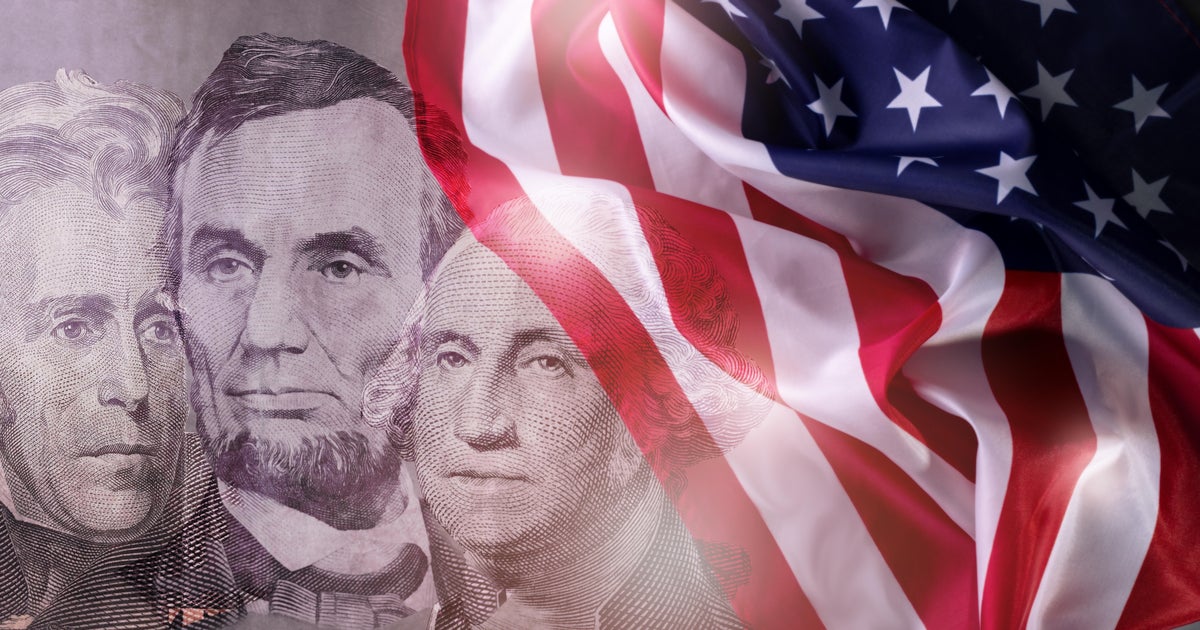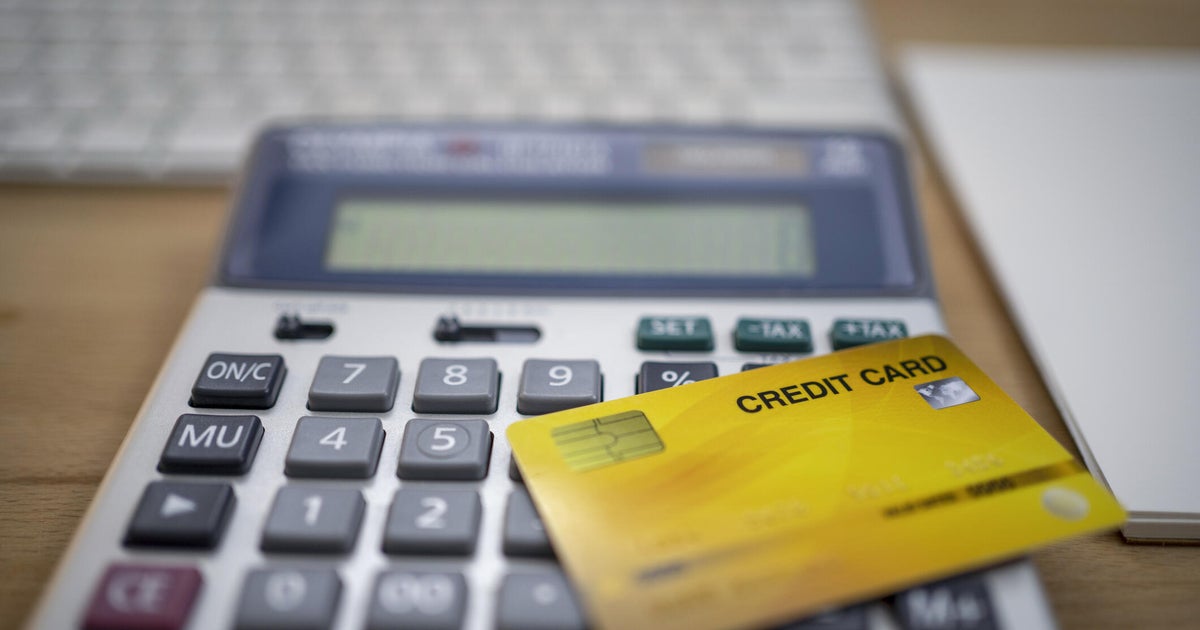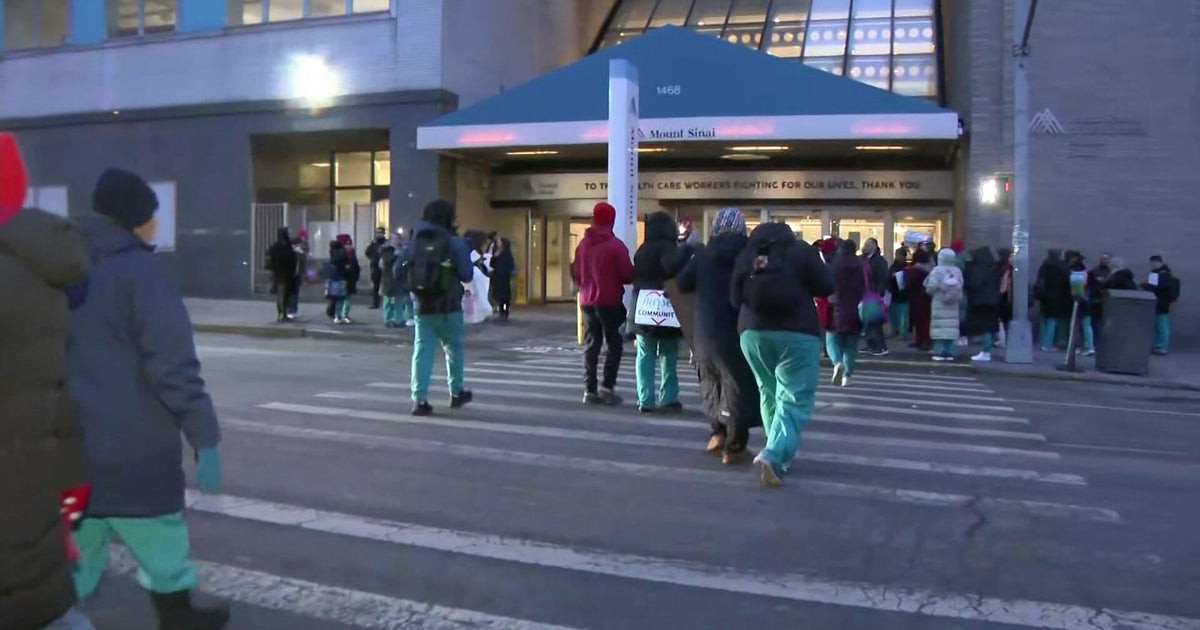Stocks Sink After S&P Issues Warning On US Debt
NEW YORK (AP) — A warning from Standard & Poor's that the agency might lower its rating on U.S. government debt sent stocks on their steepest slide in a month Monday.
S&P said there is a 33 percent chance it would lower the country's credit rating from AAA in the next two years if Washington fails to pare the country's debts.
The Dow Jones industrial average, the S&P 500 index and the Nasdaq composite all had their sharpest falls since March 16.
The Dow fell 140.24 points, or 1.1 percent, to close at 12,201.59. The Standard & Poor's 500 fell 14.54, or 1.1 percent, to 1,305.14. The Nasdaq composite fell 29.27, also 1.1 percent, to 2,735.38.
S&P reaffirmed the U.S. government's top credit rating of AAA but expressed doubts that Washington would move quickly to curb the country's mounting budget deficits.
U.S. government bonds are widely seen as the benchmark for the safest kind of debt. The highly unusual move by the ratings agency to lower its outlook for U.S. debt to "negative" from "stable" caught investors off guard.
"This is a wake-up call," said Peter Cardillo, chief market economist at New York-based brokerage house Avalon Partners Inc. "The government is now going to have to do something to cut the budget. That is a long-term positive for the stock market, though it might not be in the near term."
The change means that S&P could lower its rating on U.S. government debt in the future. If that were to happen, the U.S. government would have to pay more to borrow money when it issues bonds.
Since the government's borrowing rates are used as a benchmark for nearly all kinds of debt, many borrowers would also pay higher rates, including companies, homeowners and credit card users. That would have a negative impact on spending in general and the overall economy.
"The credit worthiness of the country is the underpinning on which all other asset classes are valued," said Jack Ablin, chief investment officer at Harris Private Bank. "If all of a sudden the credit quality of U.S. Treasurys isn't as high as people perceive, we could see (an) erosion of confidence and values decline."
U.S. government debt prices fell after the S&P warning came out but soon recovered. The yield on the 10-year Treasury note, which rises when the note's price falls, jumped as high 3.47 percent after the S&P's warning, from 3.38 percent just before. By late afternoon the yield was back at 3.38 percent.
The euro fell against the dollar as Europe's debt problems spread. Spain had to pay a much higher interest rate on new debt. There was speculation of a possible default by Greece, and a nationalist party in Finland made big gains in an election Sunday.
The euro was worth $1.4235 in late trading, down from $1.4436 Friday.
Citigroup Inc. closed flat at $4.42 after reporting earnings that came in just above analysts' expectations. The bank's net income fell 32 percent but it was able to set aside less money to cover losses from loan defaults as more customers made payments on time.
Several other big banks are due to report earnings this week. Traders are keen to find out if banks are lending more. Upcoming reports from Goldman Sachs Group Inc. and Wells Fargo & Co. this week are "crucial for the markets," says Quincy Krosby, a market strategist for Prudential Financial.
Industrial supply company W.W. Grainger rose 1.7 percent. The company's first-quarter net income soared after it began offering new products and pushed into Mexico, Colombia and Japan.
Four stocks fell for every one that rose on the New York Stock Exchange. Trading volume was 4.6 billion shares.
(© Copyright 2011 The Associated Press. All Rights Reserved. This material may not be published, broadcast, rewritten or redistributed.)







